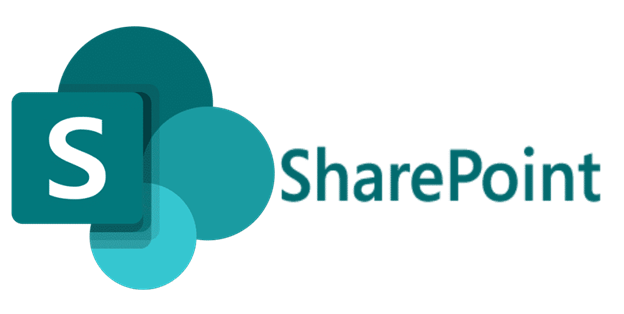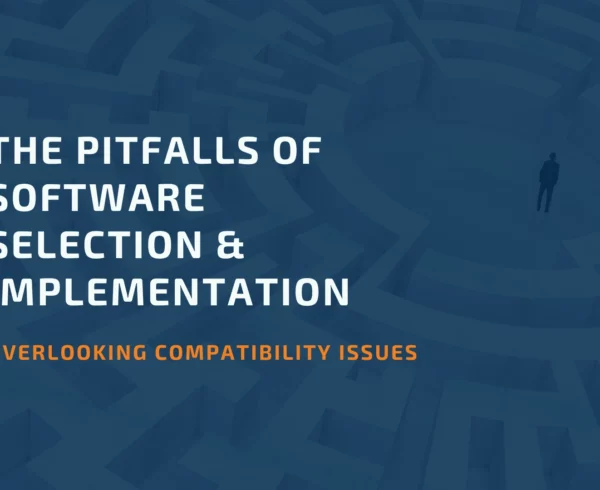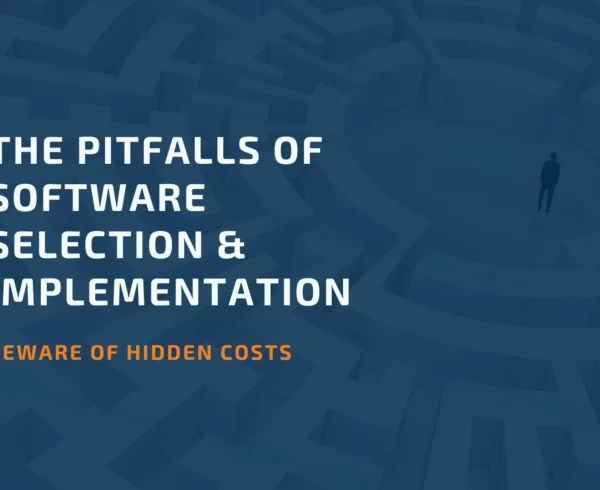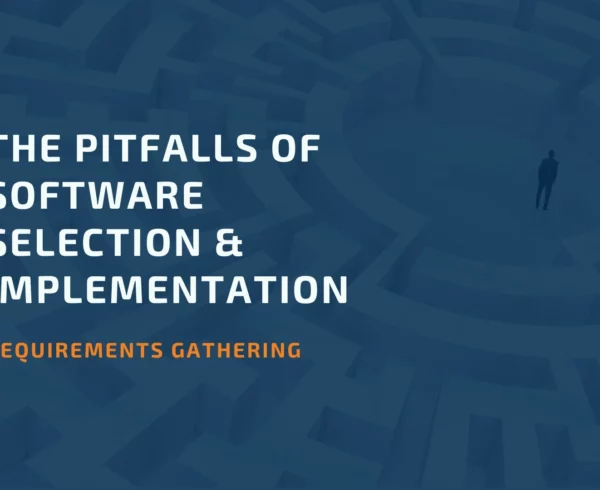Not many come close to Microsoft SharePoint when it comes to web-based tools that provide multiple ways to organize, build and manage applications, projects, and documents. It is a Content Management System (CMS) that streamlines the project creation and management process and continues to be the CMS of choice for large and smaller enterprises.
But that’s not all. SharePoint can also be integrated with ERP – Enterprise Resource Planning – systems to add another layer of efficiency. In this article, we will look at the SharePoint-ERP integration methods available in the market and the benefits that come with them.
Integrating SharePoint with an ERP
Businesses worldwide have many solutions to connect their ERPs with SharePoint. One can categorize these solutions in two ways:
Point to Point Integration
Point to Point integration consists of experienced developers creating a custom code between the endpoints of ERP and SharePoint. It is the more straightforward approach as it doesn’t include a lot of forethought. And it enables quick connection with only a couple of integration codes.
However, it is not suitable for organizations that want to use multiple applications of SharePoint. In that case, a different code must be written for each application. It will create a spaghetti architecture with a complex, tangled web of interconnections which is challenging to maintain in the long run. Several third-party applications have emerged to make integration easier. They create integrations in batches – allowing organizations to connect virtually the entire SharePoint package with the ERP. However, such third-party tools cannot provide real-time solutions in this regard. It is because SharePoint has been updated, and many modules don’t allow these applications to circumvent the complex architecture.

Brand Specific Integration
Brand-specific integration connects a Microsoft-based ERP with SharePoint. The pre-defined endpoints make the integration process more straightforward. However, it is limiting since most ERPs aren’t rooted in Microsoft.
Recently, a third category of solutions has emerged. It is not known as ESB or Enterprise Bus Service. It is an integration solution that implements a communication system between the underlying Service-Oriented Architecture of ERP and SharePoint. It is highly agile and promotes high-level protocol communication between the connected applications.
It has become the solution of choice when integrating SharePoint with ERP.
What Are the Benefits of SharePoint-ERP Integration?
Following are the different benefits of integrating SharePoint with ERP:
1. It introduces flexibility to the ERP: SharePoint is one of the most flexible platforms. You can use it to create an intranet within an organization through ERP integration. With it, a company can perform numerous tasks such as managing business information, social networking, file management, document sharing, and other aspects critical to an ERP’s success.

2. It adds centralized administration: While most custom-ERPs have an in-built centralized protocol that allows administrators to have root access, they are not always as robust as SharePoint. Most can be performed from a single point, from file restoration to backing up websites to managing the security settings.
3. It makes document management and collaboration easier: For a company looking for a streamlined way to manage its information, SharePoint comes through. It creates a linear flow of information and, with the added benefit of cloud storage, allows accessibility through mobile devices. In addition, the multi-device approach makes it easy for professionals to collaborate.
4. Providing advanced security to the existing ERP: The ERP administrator can move the organization’s critical tasks to SharePoint for enhanced security. For example, it has workflow upgrades, authentication investments, and an added layer of protection when sharing the data among the members. In addition, the administrator can control the storage and shareability and perform audits from the platform itself.
5. It saves costs: The cost of hiring new web developers can be high for small companies. With SharePoint integration, these companies can create database management systems and improve their existing websites. SharePoint provides application programming interfaces for such tasks – allowing companies to cut costs.

6. The Business process can become more streamlined: SharePoint is a collaboration platform that allows users to collect and organize data in one place. From supplier info to customer communication and interactions with employees to partners, SharePoint provides robust business solutions that aren’t only easy to comprehend and customizable.
7. SharePoint is scalable: Most who want to expand their businesses are looking for a cost-efficient solution that allows them to do so. Only a few solutions come as robust as SharePoint. One can customize it according to the organization’s needs, and being cloud-based, it is ultimately more scalable than most solutions.
8. It allows organizations to integrate all their networking sites on a single platform: When it comes to an organization’s internet and intranet sites, it is crucial for a system to organize them in one place. SharePoint is one of the few solutions that deliver that facility.
Conclusion
The magic of integration allows an organization to evolve their ERP cost efficiently through SharePoint Integration. This Microsoft-based tool is simple to use and intuitive but is heavy-duty. However, its benefits, from standard content delivery optimization to enhanced document security, are more than enough for small companies.
That said, it depends on how well a company can integrate its ERP with SharePoint. The standard coding method has been prevalent for a long time. But now, a more robust ESB is in the play.
Are you interested in finding out more about SharePoint? Contact us at BHC, and we will be happy to assist you.






